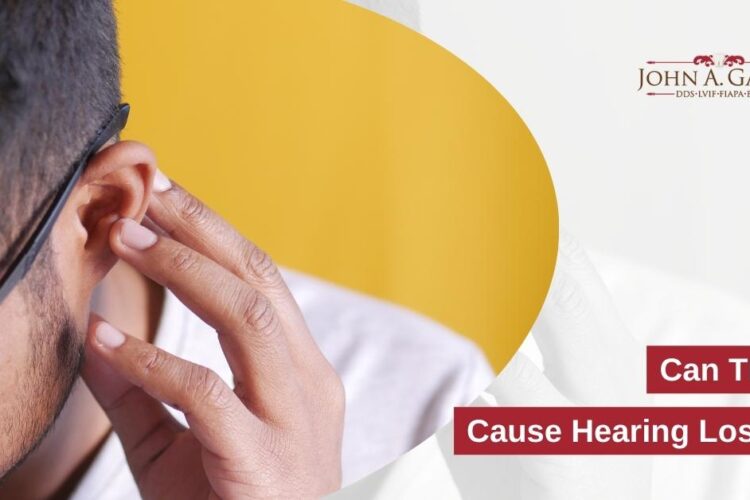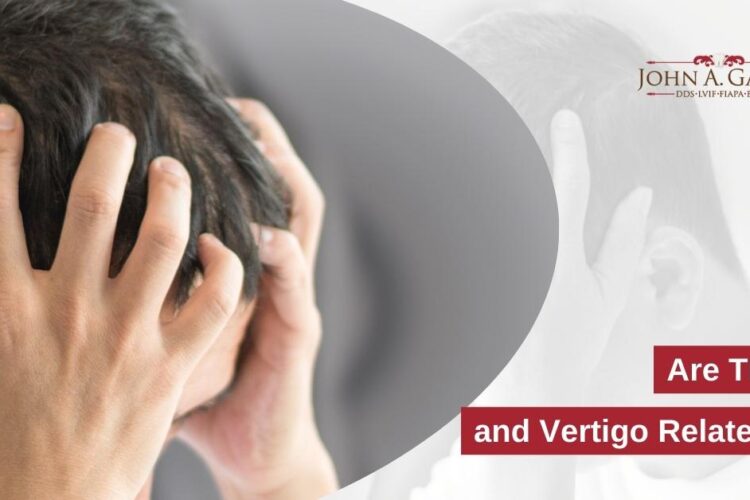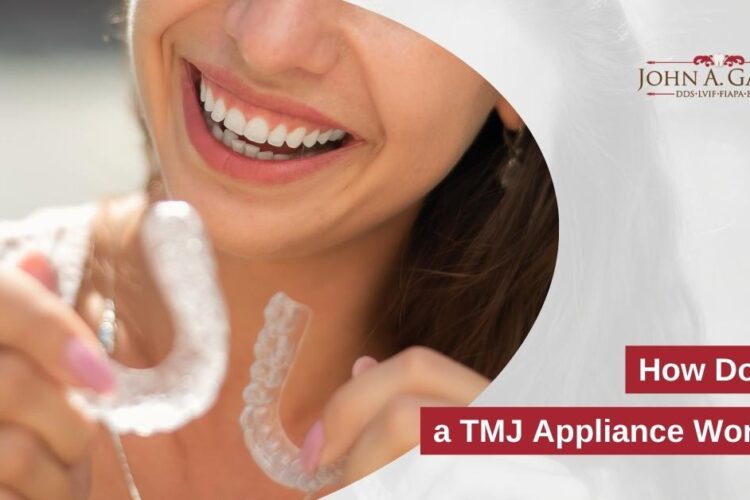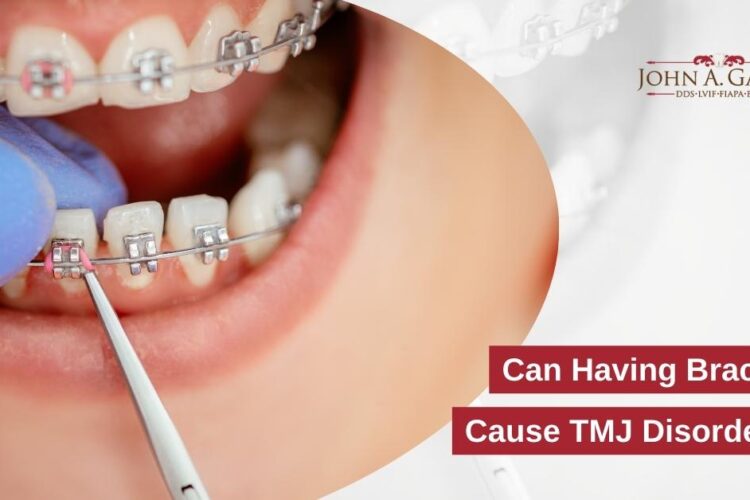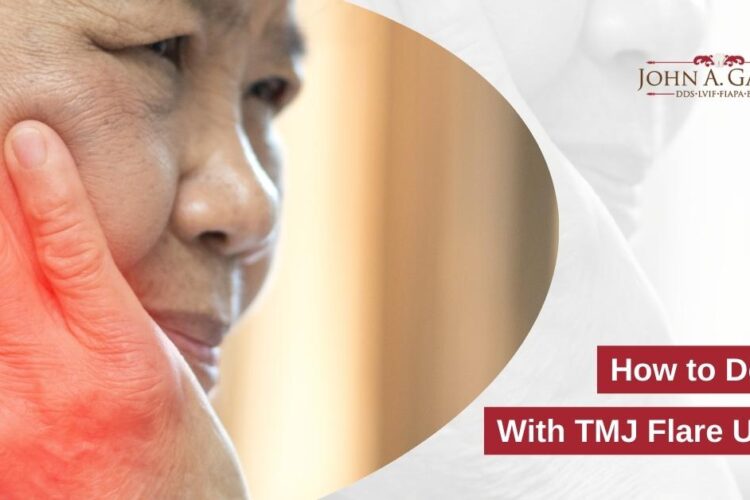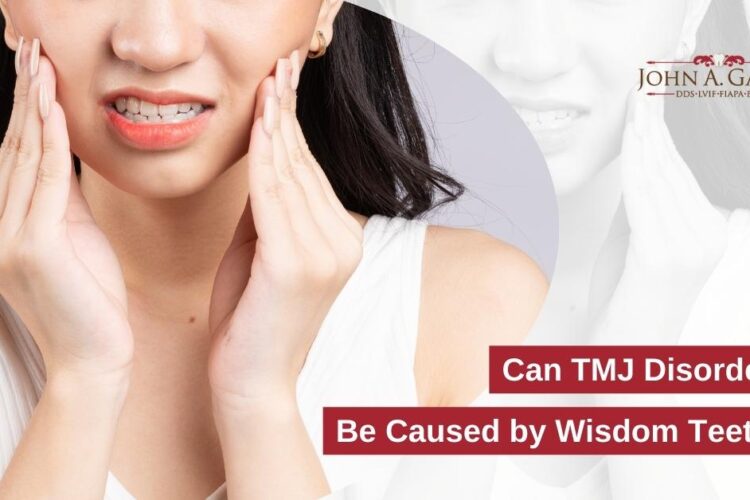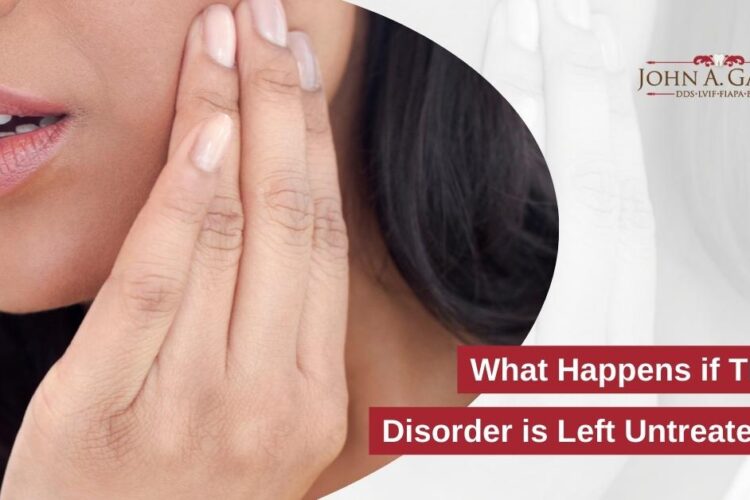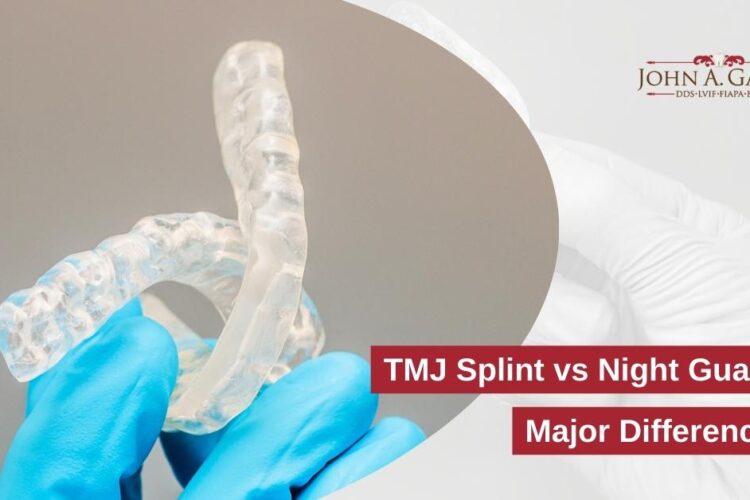It is not surprising that you would correctly guess something might be wrong with your jaw if you are experiencing symptoms like pain or swelling in the jaw, popping noises when you chew or yawn, or locking occasionally. These are all telltale signs of TMJ disorder. If you are experiencing any of these symptoms, you
read more
Jaw joint issues commonly accompany pain and headaches in the jaw area. However, other problems caused by a dysfunction of the temporomandibular joint (TMJ) could surprise you. For instance, this disease might create abrupt sensations of lightheadedness and spinning, which can be a disruption to your sense of balance. Vertigo is a common symptom
read more
Many children and adults suffer from TMJ, which can produce uncomfortable symptoms such as facial pain, headaches in the temples, the inability to open the mouth widely, sensitive teeth, or aching and throbbing jaw muscles. TMJ affects both sides of the jaw and can affect people of any age. Trauma to the jaw joint is
read more
The continual tensions between the various components of the body give our jaws their distinctive shape. Suppose you have trouble breathing through your nose because of restrictive anatomy or allergies. In that case, it may cause you to breathe through your mouth instead of your nose while you sleep. This circumstance might change the forces
read more
The temporomandibular joint is the name given to both joints on either side of your jaw. The most common name for the joints is “TMJ,” which stands for temporomandibular joint. The temporomandibular joint (TMJ) is an intricate network of muscles and ligaments that serves as an attachment point between the mandible (lower jaw) and the
read more
The temporomandibular joint, often known as the TMJ, is a significant joint in the jaw. The TMJ is utilized for eating and speaking. When TMJ flare-ups occur, a person will experience pain and discomfort due to TMJ inflammation. This can have a significant negative impact on the individual’s ability to operate daily, which in turn
read more
A person can suffer pain and discomfort in the jaw, similar to the symptoms experienced by those with TMJ issues if their wisdom teeth are growing in. On the other hand, wisdom teeth problems do not directly contribute to the development of TMJ difficulties. However, temporomandibular joint (TMJ) issues are rarely the direct result
read more
Untreated TMJ can lead to greater pain and other health issues, as well as a decreased quality of life. Many individuals delay medical care as long as possible because they do not wish to spend the time or money necessary to alleviate their condition. Although delaying treatment will save you time and money, it will
read more
Whether you feel discomfort and aching or severe pain and jaw locking due to temporomandibular joint disorder (TMJ), avoiding triggers is a critical element of managing your condition and minimizing flare-ups. Every day, you execute automatic face movements such as smiling, laughing, speaking, and chewing without even realizing it. However, if you suffer from TMJ
read more
Splint and night guard are often used interchangeably, but their functions are slightly different. If you are suffering from bruxism or TMJ, it is essential to comprehend the difference between a TMJ splint and a night guard to help you alleviate your condition. In general, the purpose of both types is to stabilize and
read more
